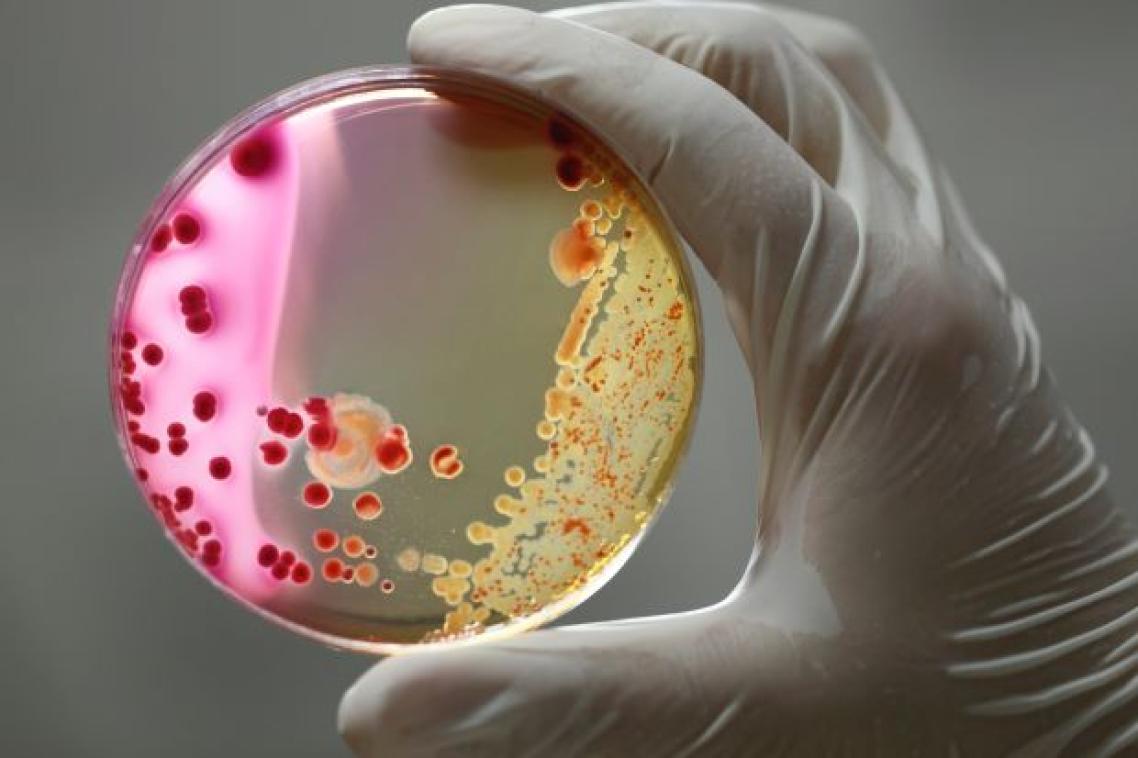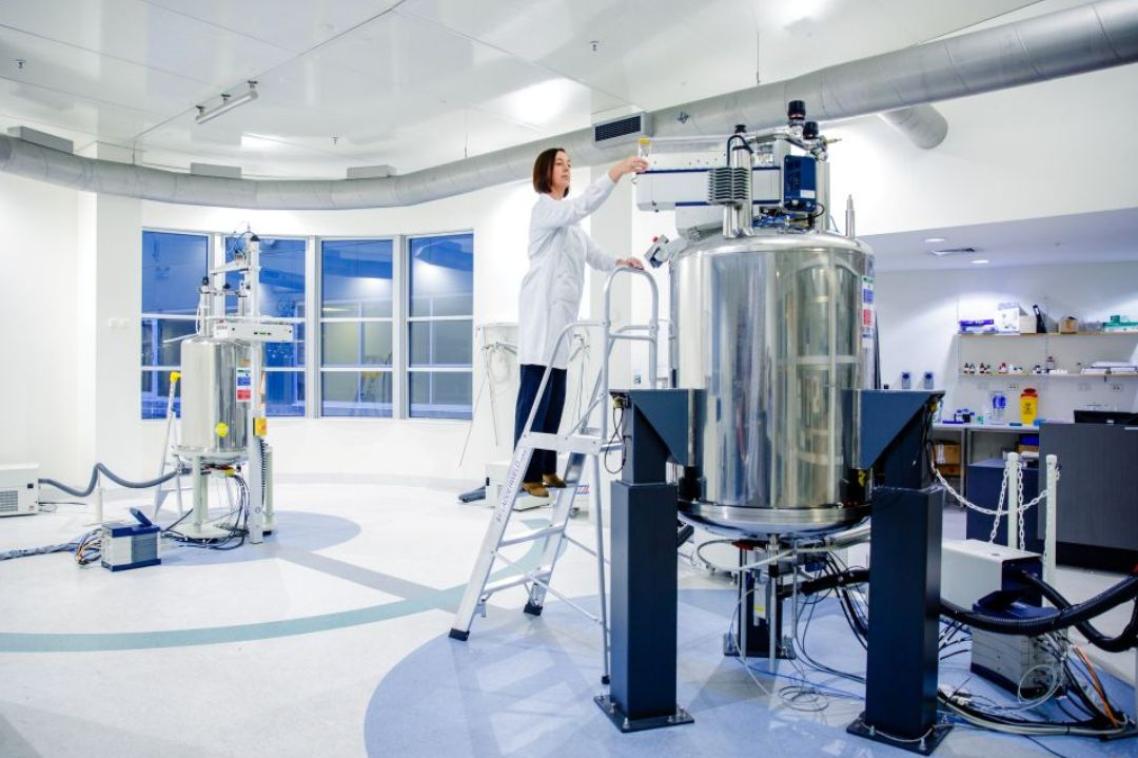Sepsis study to power new antibiotic discoveries

University of Queensland researchers have led a national study on the four main bacteria that cause sepsis, providing new targets for developing antibiotics.
Professor Mark Walker and Professor Mark Schembri from UQ’s Institute for Molecular Bioscience, along with Dr Andre Mu from the University of Melbourne and teams from 23 research organisations around Australia, set up experiments to mimic what happens to bacteria when they enter the bloodstream during infection.
Sepsis causes 20 per cent of deaths worldwide, killing more people than heart attacks, stroke, or cancers of the prostate, breast or colon.
It is characterised by infection-associated organ failure, leaving survivors with physical, cognitive and psychological side effects that can persist for the rest of their lives.
Professor Walker said the research team set out to find responses common to all four types of bacteria that cause sepsis and discover more about how bacteria survive in the body.
“Currently when someone goes to hospital with sepsis they are immediately treated with antibiotics, which may have to be adjusted once the type of bacteria has been identified,” Professor Walker said.
“This study allowed us to identify potential new targets for antibiotics that target all sepsis-causing bacteria."
Professor Walker said most sepsis studies focus on just one bacterial species.
“Our team studied multiple bacterial species and used several advanced technologies,” he said.
“We have been able to characterise bacterial genes, RNA, proteins and metabolites from E. coli, Group A Streptococcus, Klebsiella pneumoniae and Staphylococcus aureus and integrated the data to get a complete picture of how different species respond when grown in human blood serum.”
The study brought together the Australian bacterial-pathogen research and biological sciences communities and generated a wealth of data.
“This data is now publicly available,” Professor Schembri said.
“Researchers around the world will be able to mine this dataset to drive antibiotic discovery and development, which is critical given the rapid increase in antibiotic resistance seen globally.”
The Antibiotic Resistant Sepsis Pathogens Framework Initiative consortium is supported by funding from Bioplatforms Australia, enabled by the Australian Government National Collaborative research infrastructure Strategy (NCRIS).
The research was published in Nature Communications.
Media: IMB Communications, communications@imb.uq.edu.au, +61 4 5757 6843.
Related articles

UQ experts recognised for national impact

Nature versus nurture question addressed in landmark study
Media contact
UQ Communications
communications@uq.edu.au
+61 429 056 139
